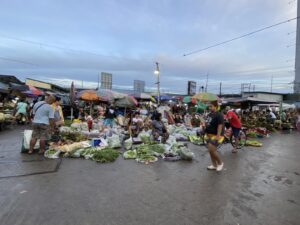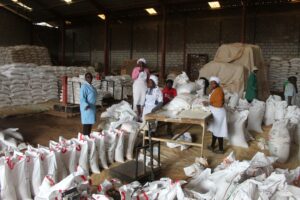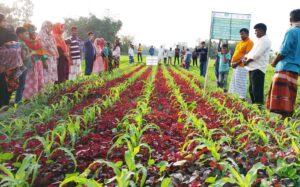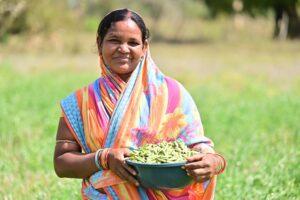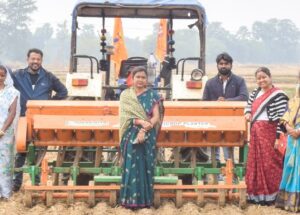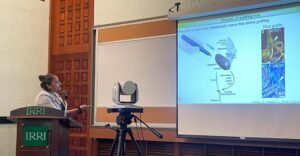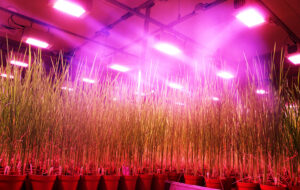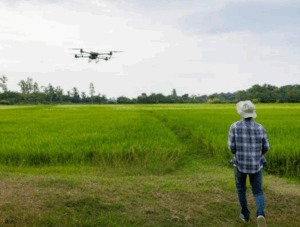
In August 2003, the government of Japan revised its Official Development Assistance (ODA) Charter for the first time in 11 years. Since then, Japan has developed its ODA in line with the new charter, which puts forward fi ve basic policies outlined below.
Supporting self-help efforts of developing countries is the most important philosophy of Japan’s ODA. Accordingly, Japan respects developing countries’ ownership of development strategies and priorities. Japan intends to provide support in fi elds such as human resource development; institution building, including the development of legal systems; and economic and social infrastructure building. These themes constitute the basis for development.
To address direct threats to people such as confl icts, disasters, and infectious diseases, Japan attaches particular importance to the perspective of human security, which focuses on individuals. Japan aims to implement ODA that will strengthen the capacity of local communities through human resource development. To ensure that human dignity is maintained at all stages, from confl ict to reconstruction and development, Japan’s goal is to help protect and empower individuals.
 Assurance of fairness—in the formulation and implementation of assistance—ensures that the outcome of ODA fairly benefi ts the people of recipient countries. In this light, Japan emphasizes environmental and social considerations as well as gender equality.
Assurance of fairness—in the formulation and implementation of assistance—ensures that the outcome of ODA fairly benefi ts the people of recipient countries. In this light, Japan emphasizes environmental and social considerations as well as gender equality.
The Utilization of Japan’s experience and expertise is an important policy in which Japan’s experience in economic and social development, as well as in economic cooperation, is used when assisting developing countries. This policy also emphasizes the need to use Japan’s advanced technologies, expertise, human resources, and institutions.Partnership and collaboration with the international community In accordance with the basic policies set out above, Japan is tackling four priority issues—poverty reduction, sustainable growth, addressing global issues, and peace-building. In developing countries—where approximately 70% of the poor live in rural areas and depend on agricultural production—agricultural and rural development allow the rural poor to generate income and so lead to sustainable economic growth and poverty reduction. Agriculture can also contribute to the United Nations Millennium Development Goals by providing the poor, in both rural and urban areas, with affordable food. And, through appropriate management of land, water, and wastes, agriculture can promote environmental sustainability.
Recognizing the importance of agricultural development for poverty reduction, Japan has consistently been a major supporter in this area. In 2003, Japan’s ODA in agriculture amounted to US$783 million—thelargest contribution among bilateral donors, accounting for nearly 40% of total assistance. Japan’s three-pronged strategy on agricultural development is, first, to support capacity building of farmers and the government; second, to raise productivity through infrastructure development and agricultural technologies; and third, to link farmers to markets.
The development of new agricultural technologies will play an increasingly important role in raising both agricultural productivity and the nutritional value of food while at the same time placing a lighter burden on land and water. To enable progress in these areas, Japan has attached high priority to cooperation with the Consultative Group on International Agricultural Research (CGIAR), including the International Rice Research Institute (IRRI).
The Japan-IRRI partnership, which spans more than four decades, is especially strong and fruitful. Japan’s long involvement in rice research has yielded numerous successes and had a lasting and positive impact on the lives of countless people. Many Japanese scientists have worked at and collaborated with IRRI on research that spans some of the most crucial issues in the rice-growing and rice-consuming world. Japan’s agricultural research institutes have also cooperated closely with IRRI in facing these challenges.
Japan looks forward to continuing to work with developing countries and the organizations—including IRRI and the CGIAR—whose goal is to reduce poverty through agricultural development.


